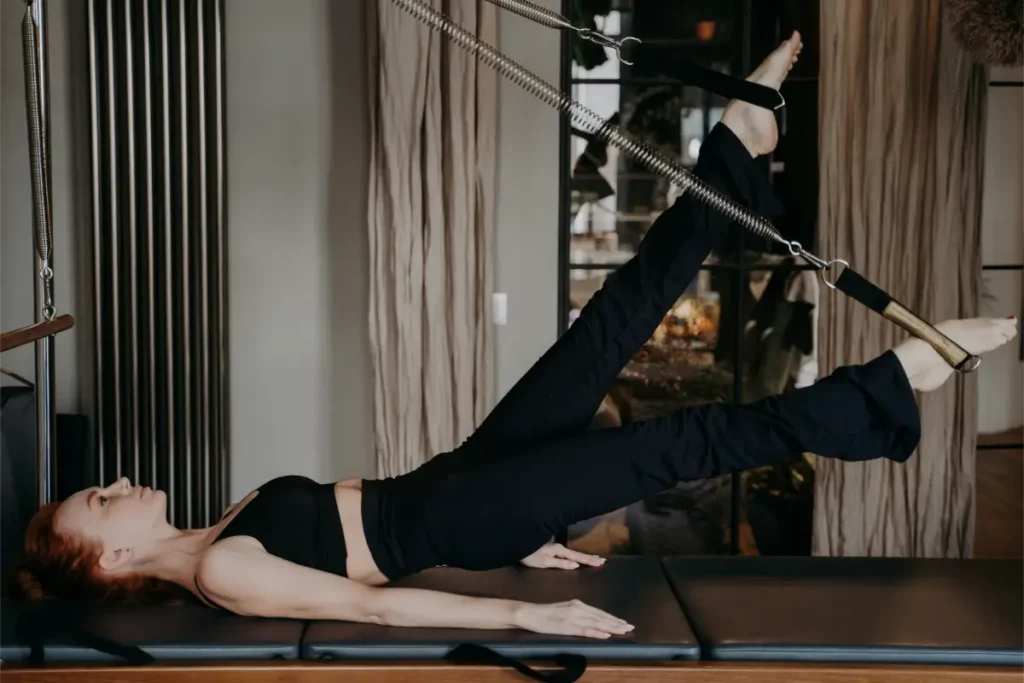People often believe that in order to lose weight and keep it off they need to increase the intensity of their exercise, working harder, faster or heavier in order to achieve results.
Whilst this may work for some people, for those who are already experiencing high levels of stress, vigorous exercise methods such as HIIT training, or long continuous training (e.g. running) may not be the best approach. This is because higher intensity workouts can increase the stress placed on the body, escalating the stress response for people already experiencing high levels of it, which can be detrimental to the weight loss process and even lead to weight gain.
So why is stress an issue?
When you become stressed your body goes into a fight-or-flight response, releasing stress hormones from the adrenal glands. These hormones include cortisol, norepinephrine and epinephrine. Our cortisol levels naturally go up and down throughout the day, however for people experiencing chronic stress, their cortisol levels rise and say high. Continuously having high levels of stress hormones is bad news as it leads to reduced insulin production and reduced blood flow to the digestive system, which interferes with usual digestion, metabolism and appetite. This is when problems with weight gain and retention occur.
High levels of cortisol can cause the body to resist weight loss, as our physiological processes believe we are under stress and being starved. If you begin to reduce your diet too quickly or by eating the wrong types of food or cutting out food groups, your body then responds by storing fat and trying to keep it there. When cortisol is high fat stores are usually placed around the abdominal area as it high in cortisol receptors, but this is often the last place anyone wants to gain weight.
So how do we stop the stress?
Although you may not be able to control or stop the factors causing your stress (e.g. work or family issues) you can take steps to counter the physical effects of stress on your body and mind. Initiating a relaxation response can counter-act the stress response. This is because a relaxation response will activate the parasympathetic nervous system, which calms the body after a flight or fright situation.
By relaxing more often and choosing more relaxing physical activities such as Pilates, Yoga or walking outdoors, you can activate the parasympathetic system. This system regulates and slows your heart rate, blood pressure and breathing rate to restore physical balance within your body. When the parasympathetic nervous system is activated, your cortisol levels can begin to reduce, which can help to restore you to a state of usual metabolism, appetite and digestion.
How are these techniques effective?
Pilates and Yoga involve elements of concentration and body awareness, as each exercise or pose focuses on lengthening and activating different muscle groups to increase mental and physical wellbeing. They involve breathing techniques to regulate our breathing, so we can take air into the lungs and breathe calmly, to take our focus away from the stressors in our life.
Light to moderate cardiovascular exercise such as walking is also effective as you can focus your mind on your route, surroundings and speed of walking, taking the focus away from any stressors.
Exercise recommendations
If you are looking to reduce your weight but are also experiencing symptoms of chronic stress such as a difficulty, sleeping, palpitations, difficulty concentrating, stomach problems or frequent colds (from a lowered immune system) you may have more success with an exercise programme that combines Pilates or yoga with cardiovascular exercise at a light to moderate intensity (think brisk walking or steady cycling), as opposed to a high intensity programme. This will help to burn some calories and build lean muscle, whilst regulating your body’s physiological responses, to favourably influence and maintain weight loss.
Aim to combine lower intensity cardiovascular exercise on 3-5 days per week with co-ordination and flexibility activities such as yoga and Pilates for 2-3 days. These activities will counter the effects of stress on the body and mind, causing your physiology to favour weight loss and maintenance once more.
For weight loss to be achieved it is also important to follow a balanced, calorie controlled diet.
Contact
If you would like more advice on exercise and healthy eating when stressed please contact me:
info@Clairegurneypilates.com / 07776044304
Thanks for reading
Claire Gurney
(Pilates instructor)


